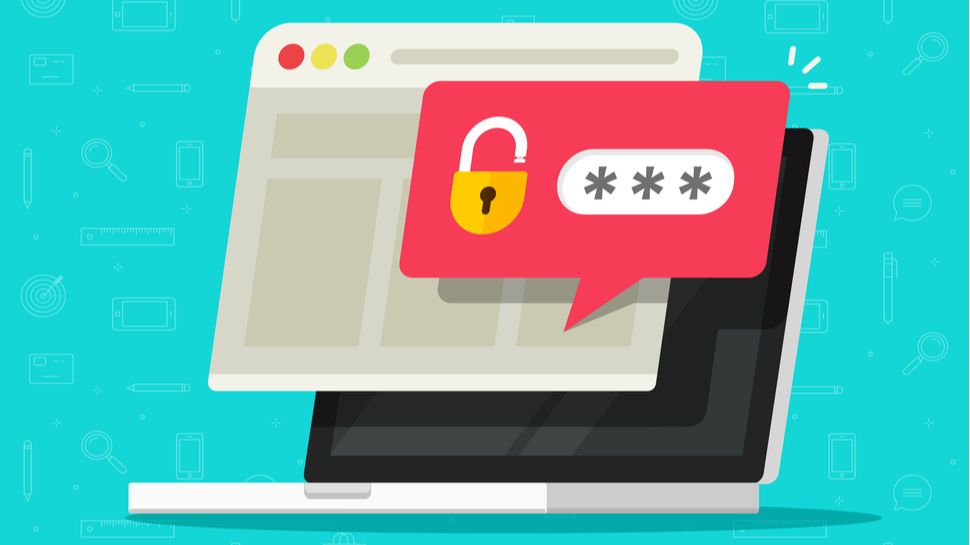Passwords have become an integral part of our daily lives, both at work and at home. However, many of us are still engaging in poor password habits. Recent research from Dojo has shed light on the common patterns we use to create passwords, leaving our accounts vulnerable to hackers.
To make matters worse, over half of individuals (51%) were found to be using the same passwords for both work and personal accounts. This means that if one login is compromised, all other accounts are at risk.
Dojo analyzed over six million leaked passwords to uncover the most frequently used patterns and understand how passwords are hacked. The findings revealed that the most common password patterns consist of 6-10 characters. Among these patterns, 457,212 passwords contained six characters, which could be easily guessed in less than a second.
One prevailing format featured eight lowercase letters, like “iloveyou,” which appeared in 365,174 of the analyzed passwords. While easy to remember, this simplicity makes it equally easy for hackers to crack in around three seconds. Additionally, patterns with six lowercase letters, six digits, and a combination of lowercase letters and two digits were also popular choices that could be guessed instantly or within a matter of seconds.
Passwords with an uppercase letter followed by eight lowercase letters, such as “Wednesday,” were found in over 120,000 passwords. Similarly, four lowercase letters followed by four digits, like “alia1990,” proved to be popular choices among users.
When it came to frequently hacked password categories, Dojo discovered that pet names, terms of endearment, and colors were commonly used. Examples include ‘King’ (948,203), ‘rose’ (30,506), ‘love’ (19,310), ‘Red’ (331,000), ‘blue’ (4,423), and ‘black’ (3,360).
To enhance password security, Dojo suggests creating longer passwords with special characters. This makes it more challenging for hackers to guess passwords, as they would have to try a higher number of combinations. For instance, a password with 10 characters, including special characters, could take hackers up to 33 minutes to crack.
In addition, Dojo offers the following recommendations:
1. Use a mix of special characters, numbers, and capital letters. Including a variety of upper and lower-case letters, along with symbols (such as $ £ !), enhances password security and makes it harder to hack.
2. Aim for a long password with a minimum length of 8-12 characters. Longer passwords require more time for hackers to work out combinations, potentially deterring them from attempting to crack them quickly.
3. Implement multi-factor authentication. This adds an extra layer of security by requiring hackers to pass through two security checks before accessing an account.
4. Utilize a password manager. Instead of relying on memory or storing passwords insecurely on devices, consider using secure apps and websites to store passwords safely.
5. Regularly change passwords. If there are concerns about password compromise, changing passwords can reduce the risk of account breaches.
For further security tips, refer to our guides on the best firewall and best identity theft protection services available today.
Denial of responsibility! TechCodex is an automatic aggregator of the all world’s media. In each content, the hyperlink to the primary source is specified. All trademarks belong to their rightful owners, and all materials to their authors. For any complaint, please reach us at – [email protected]. We will take necessary action within 24 hours.
Alex Smith is a writer and editor with over 10 years of experience. He has written extensively on a variety of topics, including technology, business, and personal finance. His work has been published in a number of magazines and newspapers, and he is also the author of two books. Alex is passionate about helping people learn and grow, and he believes that writing is a powerful tool for communication and understanding.


